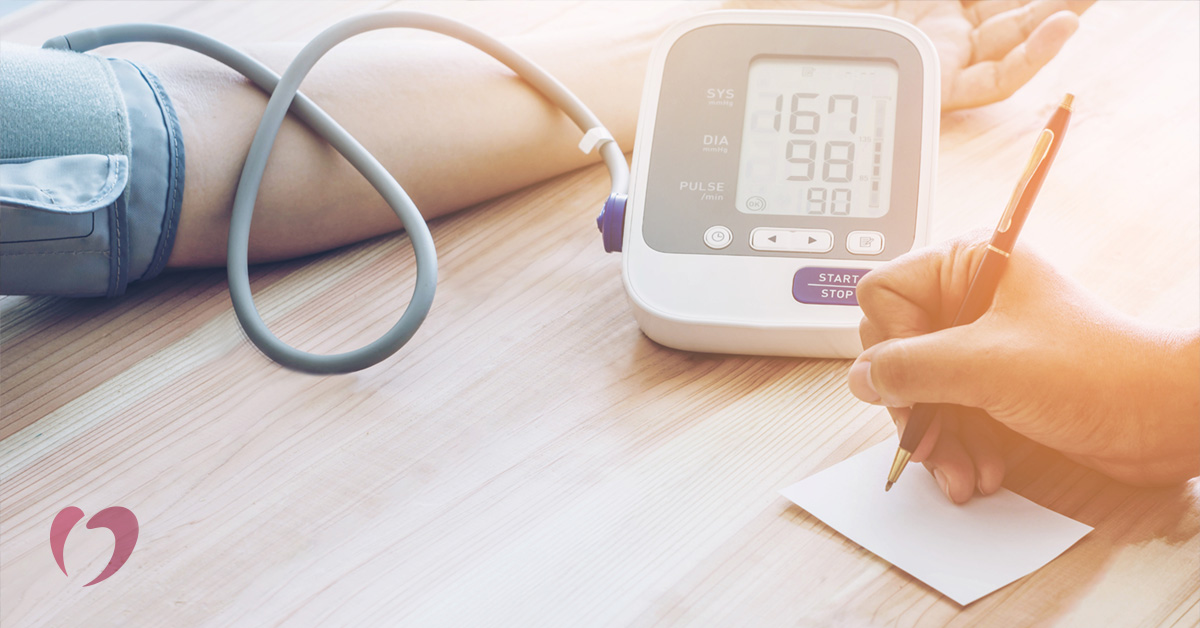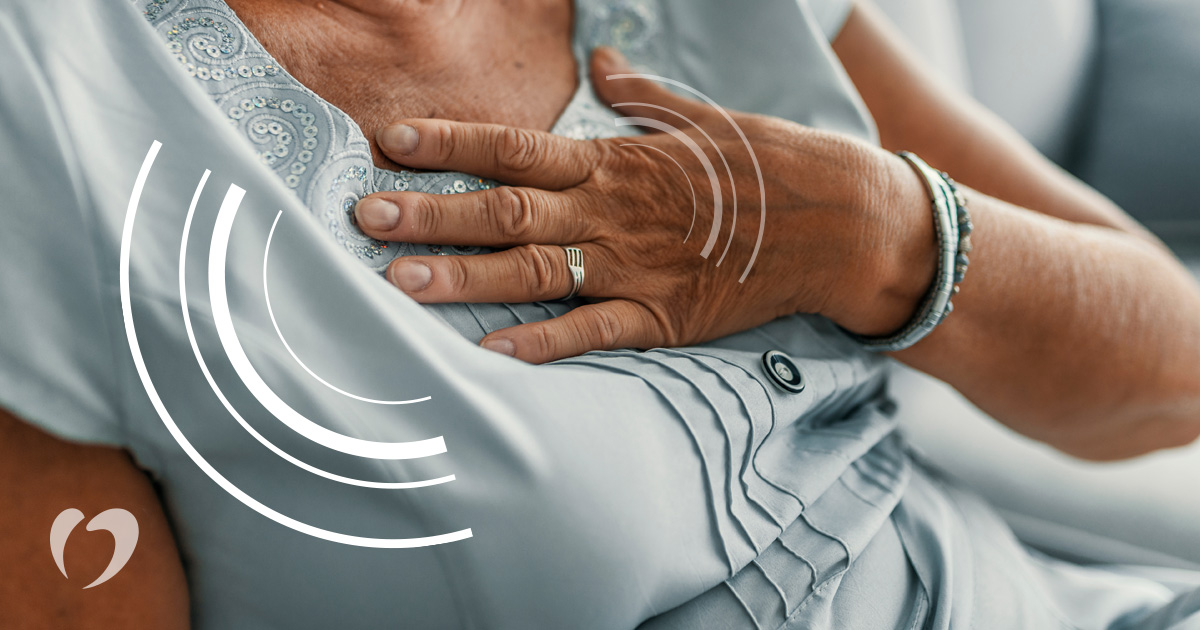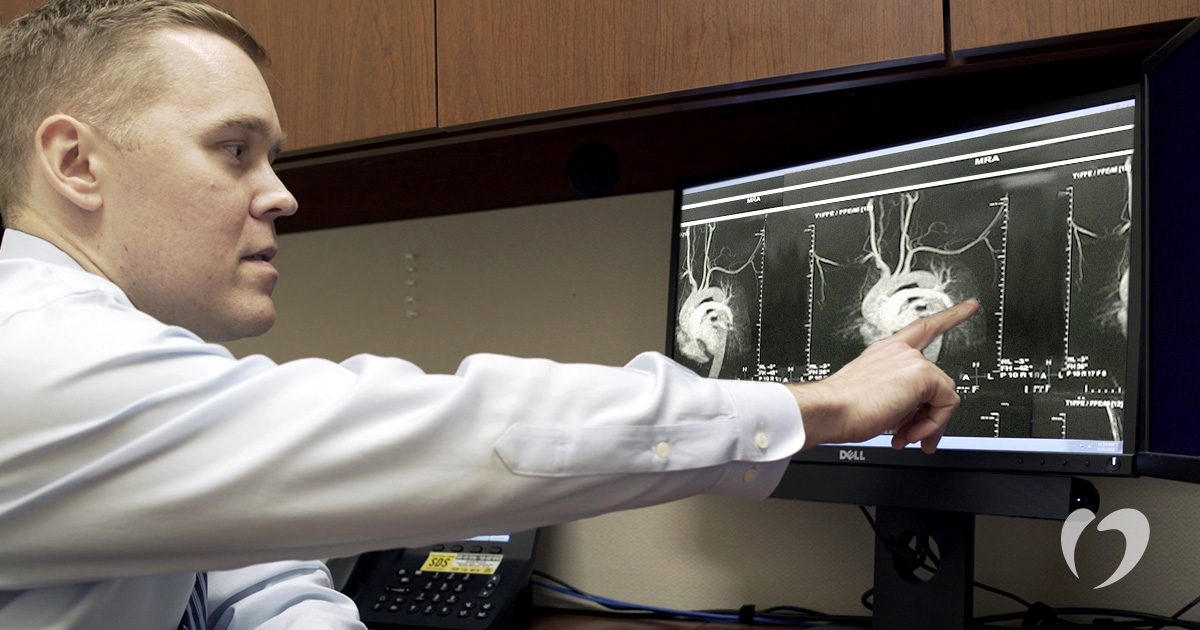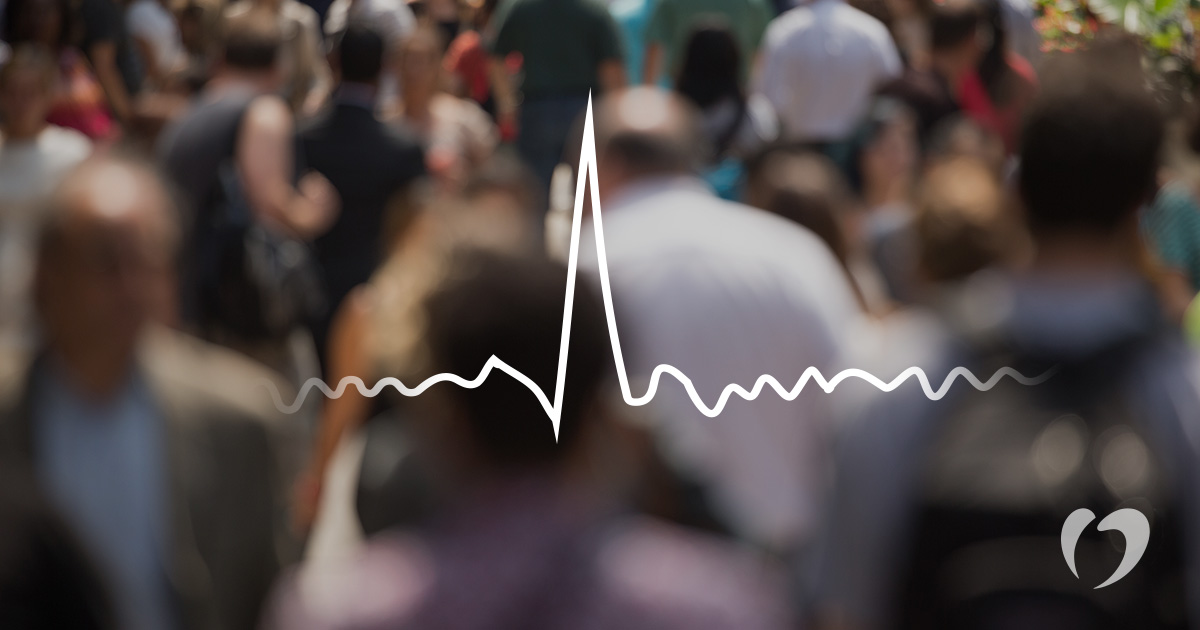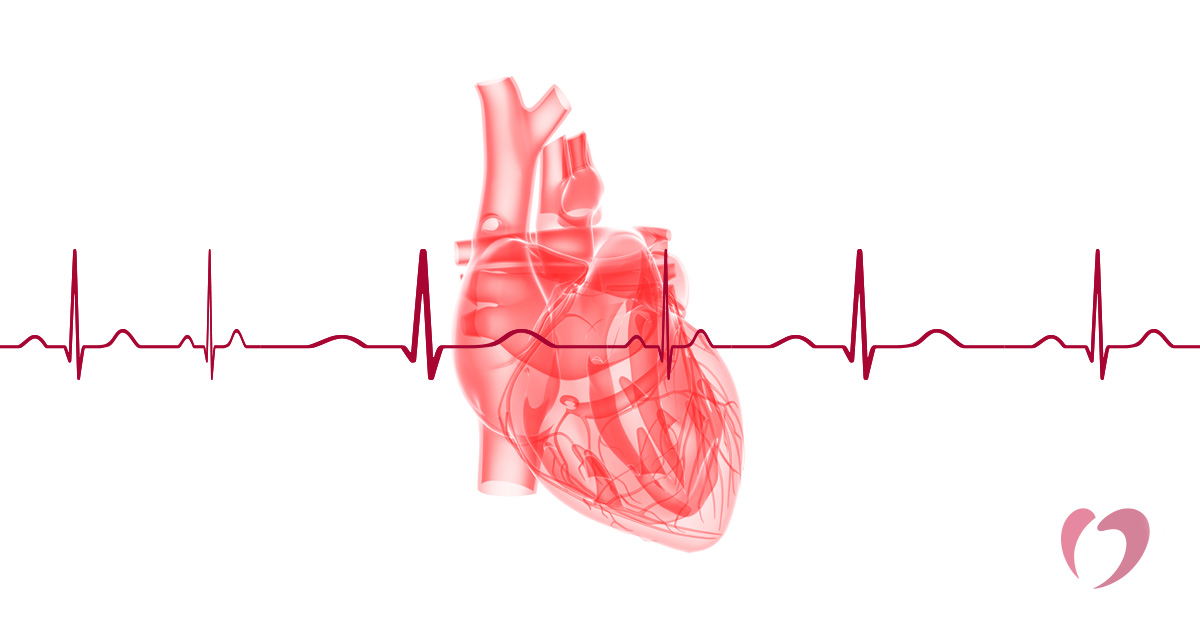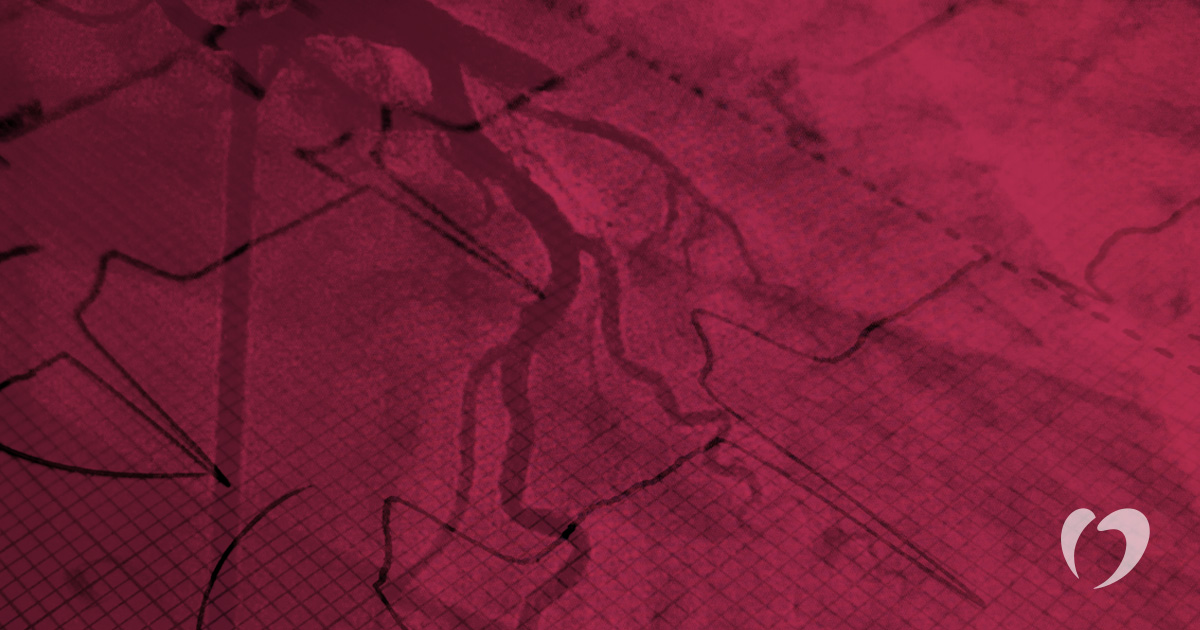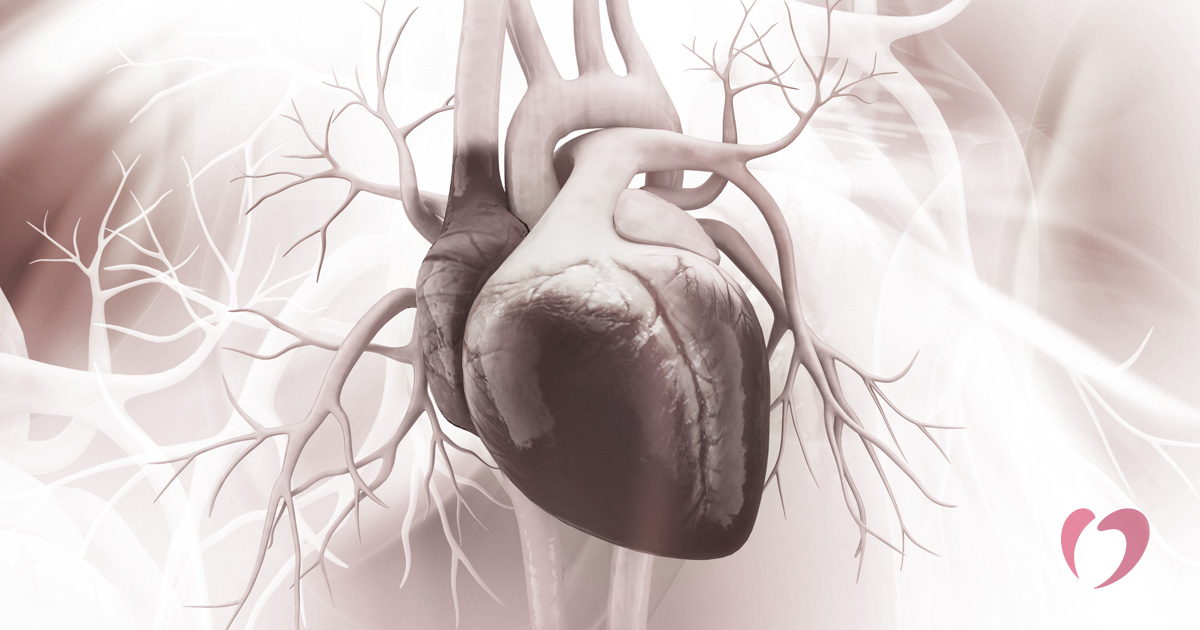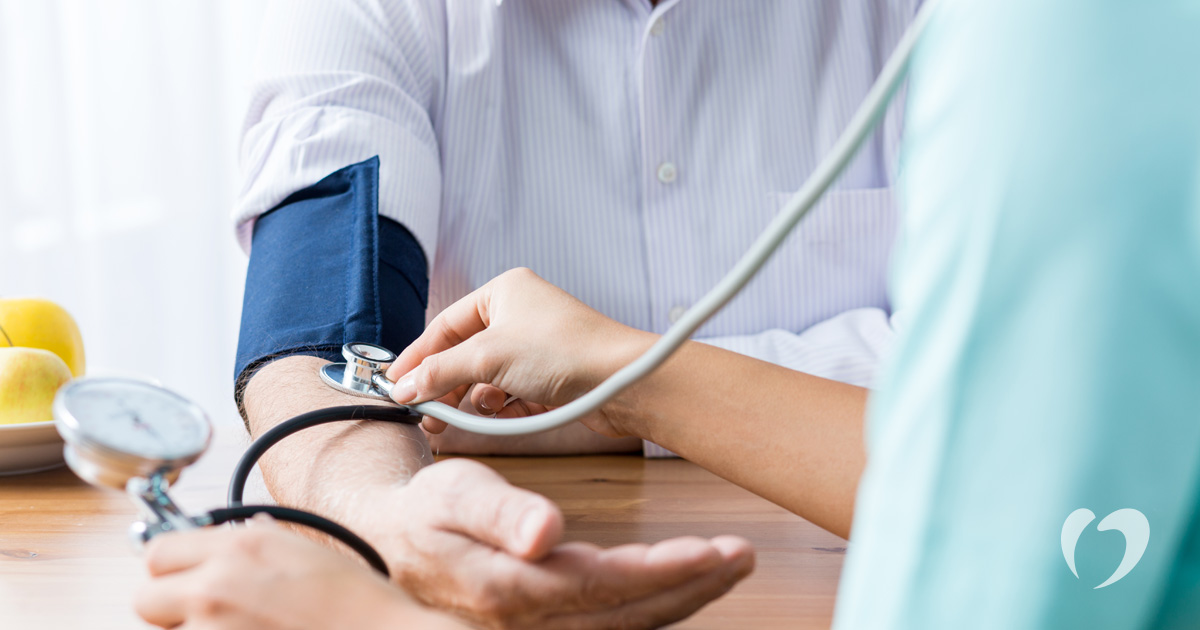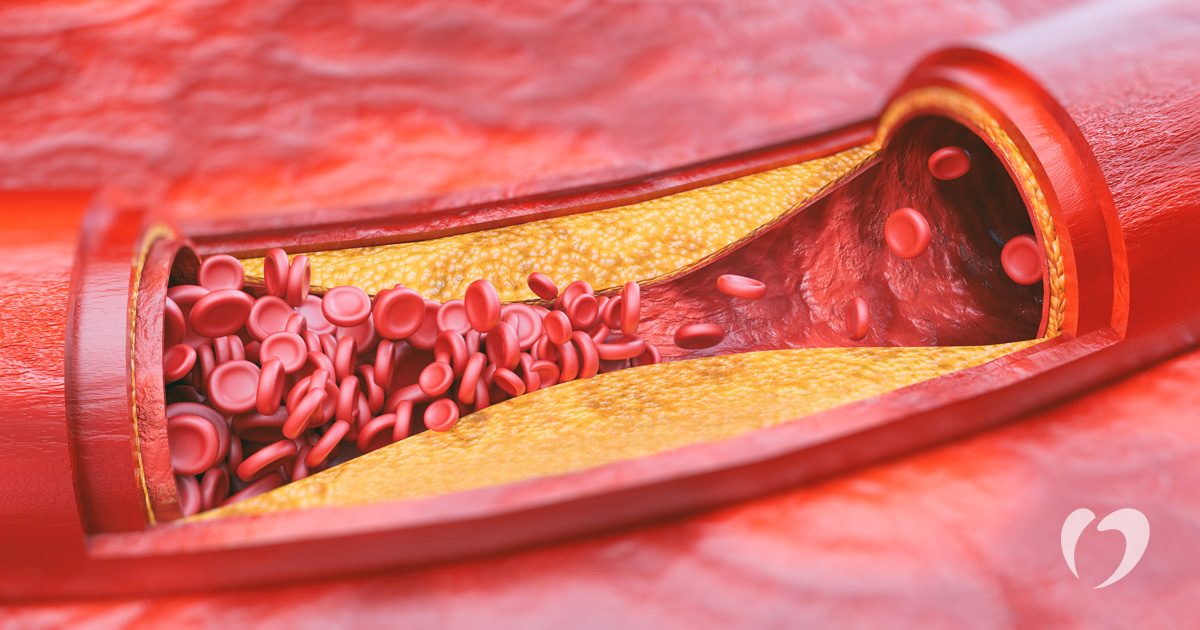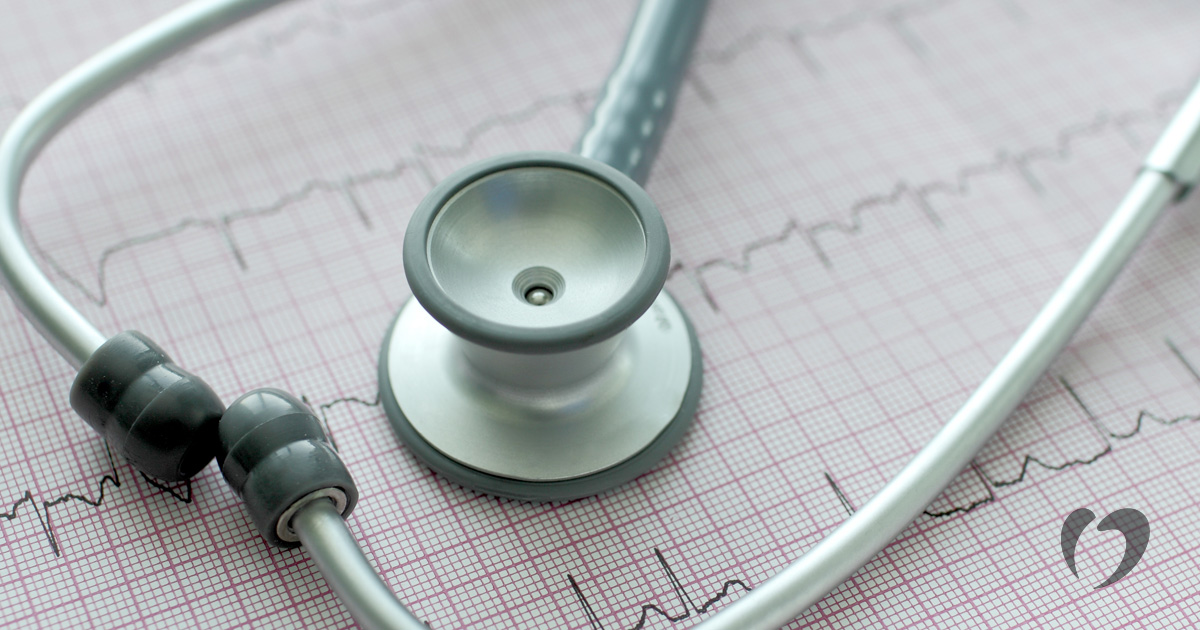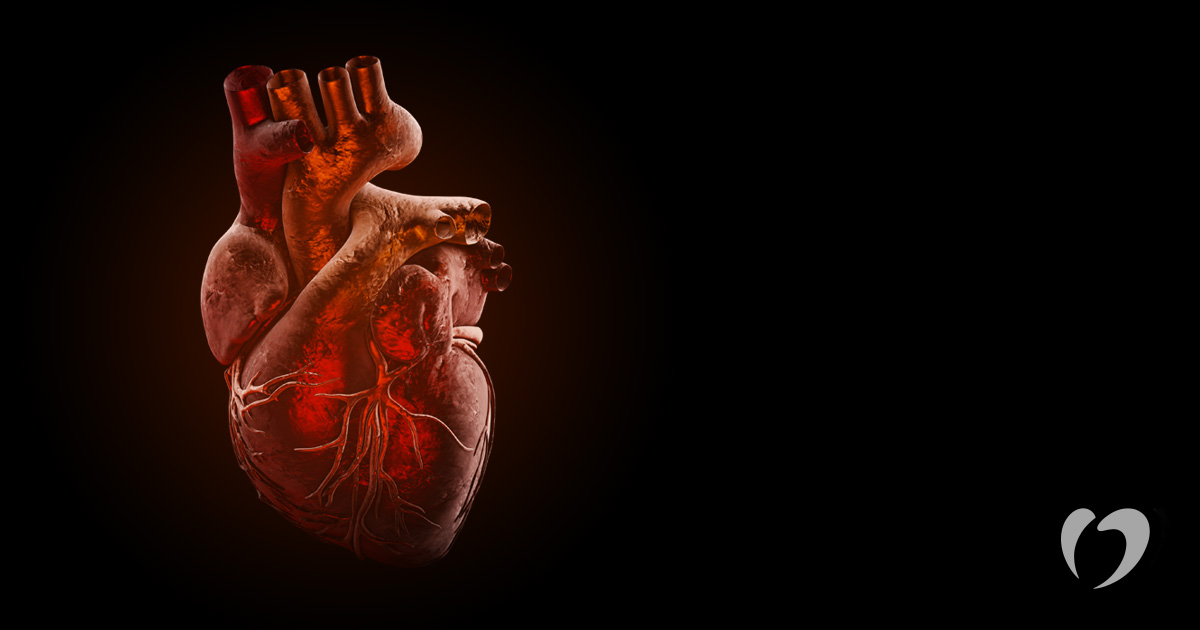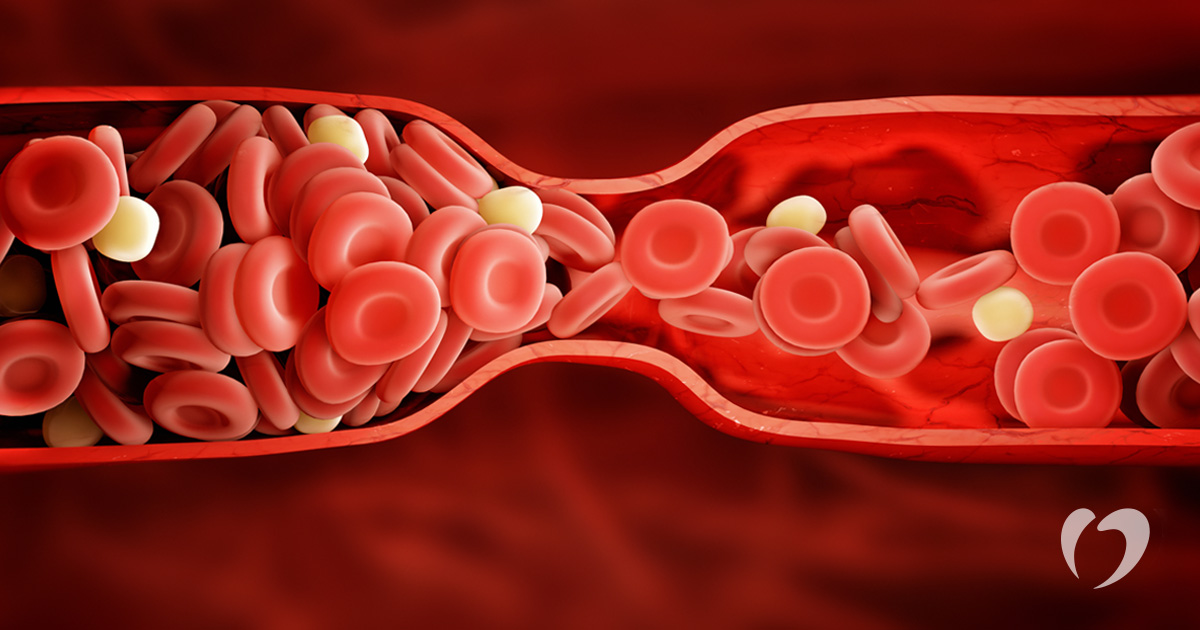Go Red for Women 2019
Heart disease is the number one killer of women and is responsible for one in three deaths of women. Wear Red Day is an important day to raise awareness of how heart disease impacts women.
Read MoreWhat Classifies as High Blood Pressure?
The guidelines for diagnosing and treating high blood pressure (hypertension) changed in 2018 for the first time in 14 years. Learn more about the new guidelines.
Read MoreWhat is Congestive Heart Failure?
Congestive heart failure is a chronic progressive condition that causes the heart to work harder than it should and can cause a buildup of fluid in the lungs, liver, and legs.
Read MoreVentricular Tachycardia Symptoms, Diagnosis and Treatment
Ventricular tachycardia is a condition where the heart beats too fast due to an abnormal rhythm in the lower chambers of the heart. Learn more about symptoms, diagnosis and treatment.
Read MoreUsing Cardiac CT Scans to Diagnosis Heart Disease
A cardiac CT scan uses x-ray and computer technology to view the structure of the heart and surrounding arteries in order to diagnosis certain heart conditions.
Read MoreDepression and Heart Disease
Depression and heart disease are closely linked with one in five patients who have a heart attack experiencing depression symptoms shortly after. Depression can also increase the risk of heart attack in patients with no history of heart disease.
Read MoreCardioversion to Treat Irregular Heart Rhythms
Cardioversion is a procedure used to treat irregular heart rhythms and help return the heart to a normal rhythm. It’s commonly used to treat atrial fibrillation, or AFib, and can be used to treat other heart rhythm issues as well.
Read MoreOklahoma Heart Hospital Receives 2018 Press Ganey Awards for Excellence in Patient Satisfaction
For the sixth consecutive year, Oklahoma Heart Hospital has received multiple Press Ganey awards for high levels of patient satisfaction.
Read MoreWeight Management for Heart Health
Studies show that even moderate weight loss can improve heart health. Here are three key things to consider regarding weight management for heart health.
Read MoreTechnology puts heart rhythm data at your fingertips
Wearable ECG monitors, like the one included in the new Apple Watch, can provide patients and their physician with valuable health data.
Read MoreHow Sleep Apnea Impacts Health
Sleep apnea, a condition where you stop breathing repeatedly while sleeping, affects nearly 25 million Americans. If left untreated, it can cause hypertension and increase the risk of heart attack, stroke, and congestive heart failure.
Read MoreAn Overview of Abnormal Heart Rhythms
Abnormal heart rhythms, also called arrhythmias, occur when your beats too fast, too slow, or irregularly. There are many types of arrhythmias with different causes and treatments.
Read MoreAngioplasty and stents to open blocked blood vessels
Angioplasty is a minimally invasive procedure that uses a catheter and a small balloon to open narrowed or blocked blood vessels.
Read MoreCoronary angiograms
A coronary angiogram is a specific type of cardiac catheterization procedure that uses dye and x-rays to examine the blood vessels and blood flow around your heart.
Read MoreWhat is heart failure?
Heart failure is a chronic condition where the heart can’t pump enough blood to meet the body’s needs. Learn more about the symptoms, risk factors, diagnosis, and treatment of heart failure.
Read MoreHypertension symptoms, causes, and treatments
Hypertension, or high blood pressure, is a common condition affecting millions of Americans. Untreated high blood pressure can lead to stroke, heart attack, heart failure, vision loss, and other serious conditions.
Read MoreAtherosclerosis: hardening of the arteries
Atherosclerosis occurs when plaque builds up in the arteries. If left untreated, it can lead to heart attack, stroke, coronary artery disease, kidney failure, and other complications.
Read MoreAre there reversible causes of atrial fibrillation?
Obesity, high blood pressure, sleep apnea, and high blood sugars can all cause atrial fibrillation. The good news is they’re considered reversible causes that may be improved with lifestyle changes.
Read MoreMyocarditis causes, symptoms, and treatment
Myocarditis is inflammation of the heart muscle most often caused by a viral infection. Learn more about causes, symptoms, and treatment of myocarditis.
Read MoreDeep vein thrombosis (DVT)
Deep vein thrombosis, or DVT, occurs when a clot forms in a deep vein, typically in the leg or thigh. If the clot breaks loose, it can travel to the lungs and result in a potentially life-threatening pulmonary embolism.
Read More

